Breaking
- MENU
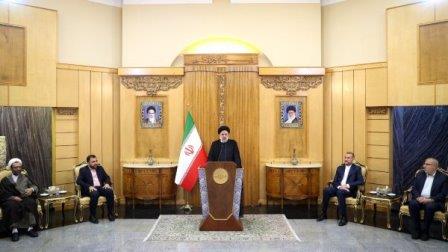
The Biden administration’s money-for-hostage exchange with Iran has, not surprisingly, generated considerable controversy. Critics of the deal assert that it simply played into the mullahs’ hands, encouraging them to take more hostages in the future. The deal’s detractors also are wary that it represents a thaw in the hostility that has characterized American-Iranian relations and is thus a prelude to what they perceive will be a flawed nuclear arrangement that will not truly terminate Iran’s weapons program.
Finally, they argue that despite administration assurances to the contrary, Iran will employ the $6 billion, which will be released to Tehran from South Korean banks, purely for nefarious purposes. It is the third of these concerns that is potentially the most troubling. The administration has made it clear that Americans should not travel to Iran, and that doing so risks their becoming hostages to a regime that has no compunctions about arresting them. Americans would be foolish to think they can still travel to Iran and safely leave the country; having ignored the government’s warnings, they cannot expect Washington to come to their rescue.
Similarly, while many have grave misgivings about the administration’s intentions to revive the nuclear deal, formally termed the Joint Comprehensive Plan of Action or JCPOA, it is not at all clear that such an arrangement could be completed any time soon. To begin with, the administration insists, as Brett McGurk, the veteran Middle East hand and currently the National Security Council’s Middle East coordinator stated regarding a potential JCPOA revival, “if Iran is escalating conflicts in the region, or supplying drones to Russia for its war on the Ukrainian people, this makes the prospect for meaningful diplomacy hard to envision.”
That may well be the case, since there is no evidence that Iran will be willing to stop “escalating conflicts” — or, for that matter, supplying drones to Russia — in order to sign a new nuclear agreement with the U.S. To begin with, the all-powerful and radical Revolutionary Guard Corps is likely to oppose any agreement with the “Great Satan” that limits Iran’s ability to create a nuclear deterrent, one aimed at not only Israel but also the United States itself.
Moreover, Iranian president Ebrahim Raisi is unlikely to rush to reach an agreement. He recognizes that should he lend his name to a deal with Washington, he would likely alienate extremist elements in Tehran, including the Revolutionary Guard Corps, and thereby jeopardize his chances to succeed Ali Khamenei as Iran’s supreme leader.
On the other hand, it is the possibility of Iran “escalating” already festering conflicts in the region, the third of the critiques that have been levelled at the hostage-for-money deal, that is of greatest concern. The State Department estimated in 2020 that Iran funds Hezbollah to the tune of $700 million each year. That number is probably a low estimate. A few years before that estimate, a leading Israeli officer put the number at $1 billion annually.
Additionally, Iran grants $100 million in support to Hamas and millions more to the Houthis in Yemen. It also provides financial assistance, as well as training, to anti-government elements in Bahrain, notably the al Ashtar brigades and Saraya al Mukhtar; and provides training and arms for Shiite militias in Iraq, notably Kata’ib Hezbollah. Iran also continues to finance underground Shiite activity in Saudi Arabia’s eastern province. A conservative estimate of the annual bill for Iran’s regional troublemaking thus totals $1 billion, and likely is more than that.
The Biden administration argues that the U.S. will carefully monitor the funds that are being transferred from South Korea to Iranian accounts in Qatar, ensuring that they will not be spent supporting Tehran’s various proxies. As McGurk puts it, they will be allocated “under terms that provide confidence, the funds will be spent only on a limited category of humanitarian trade: food, medicine and agricultural products.”
Technically, he is correct. The issue is not whether the funds will be spent as anticipated, but rather whether Iran will now be free to allocate an equivalent amount to finance its clients. Assuming that Iran spends $1 billion each year to support all its proxies, it could divert up to $6 billion from previously planned humanitarian projects to increase its financial support of regional terrorist activities for as much as six years. An injection of anything approaching such large sums to Iran’s proxies only increases the likelihood that they could further destabilize the region.
Indeed, in that event, Washington would find itself forced to maintain, if not increase, its Middle East military presence. Yet it would find itself having to do so at a time when it must focus on Chinese and Russian threats in Asia and Europe, respectively. It is not at all clear whether the administration could have negotiated a lower or even no ransom for the release of the hostages. Now that the deal is done, however, America may ultimately find that it must pay an even higher price to preserve the Middle East’s relative stability in the face of an almost certain increase in Iranian-funded militia and terrorist activity throughout this still troubled region. This is not a price that America can easily afford.
Note: This article was originally published in The Hill on 22 September 2023 and has been reproduced with the permission of the author. Web Link
As part of its editorial policy, the MEI@ND standardizes spelling and date formats to make the text uniformly accessible and stylistically consistent. The views expressed here are those of the author and do not necessarily reflect the views/positions of the MEI@ND. Editor, MEI@ND: P R Kumaraswamy

Dov S. Zakheim is a Senior Fellow at CNA Corp and Senior at the Centre for Strategic and International Studies (CSIS) Washington. Previously he served as Under Secretary of Defense (Comptroller) and DoD Chief Financial Officer (2001-04) and as DoD Coordinator of civilian programs in Afghanistan (2002-04). From 1985 to 1987, he was Deputy Under Secretary of Defense for Planning and Resources. He sits on various corporate boards and is Vice-Chairman of both the Foreign Policy Research Institute and Center for the National Interest. He is also the author of Flight of the Lavi: Inside a US-Israeli Crisis (Brassey's 1996).
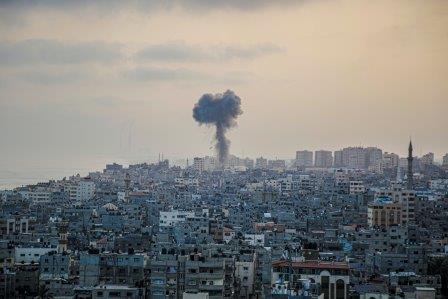
The longer Israel holds off entering the Gaza Strip, the greater will be the number of voices around.....
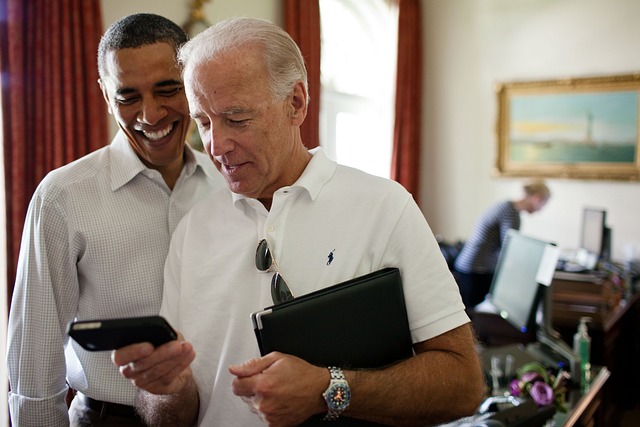
It was rather amusing to see President Joe Biden hugging Israeli Prime Minister Benjamin Netanyahu u.....

On its face, there is little that the United States can do to help prevent Israel from destroying it.....

In 1996, when Benjamin Netanyahu was first elected prime minister, Israel was still basking in the a.....
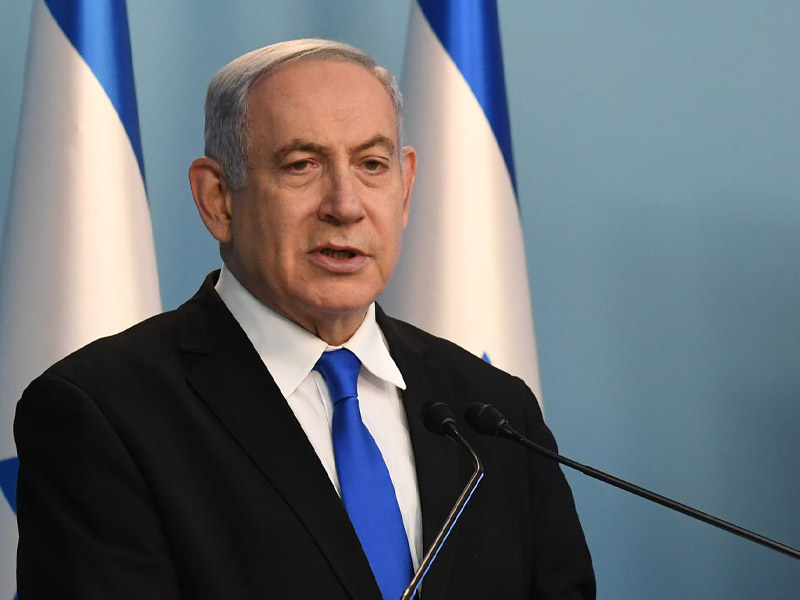
As the world watches Vladimir Putin brazenly annex chunks of eastern Ukraine, one politician in part.....
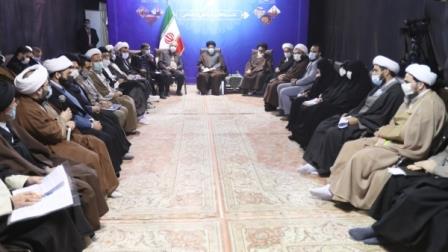
Israel and Turkey recently announced that, once again, they would upgrade their relations to full di.....
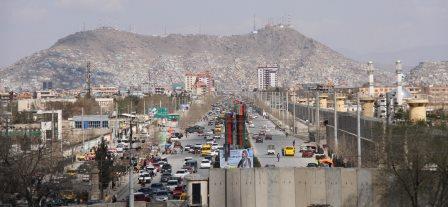
The one year anniversary of the Biden administration’s chaotic exit from Afghanistan has provi.....
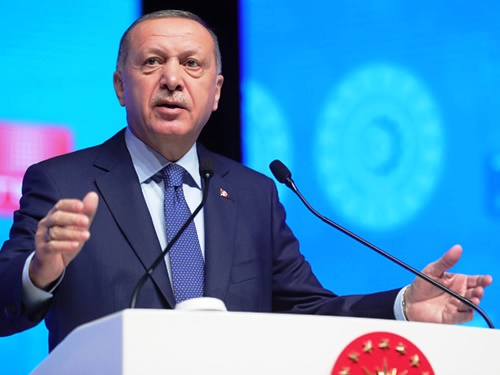
“Unpredictable” is an understatement when describing Turkey’s authoritarian presid.....

Joe Biden’s visit to Saudi Arabia did not exactly work out as the president perhaps had antici.....
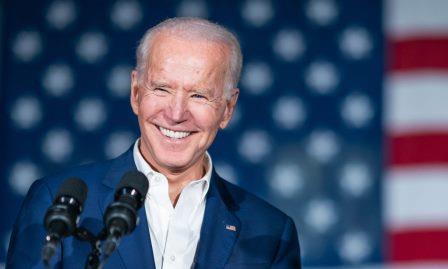
As President Biden often reminds his Israeli interlocutors, he first visited Israel in 1973 when Gol.....

It is not often that a government falls over a few crumbs. But that is exactly what could happen to .....

In what proved to be the last book he wrote before his death, “No Room for Small Dreams,&rdquo.....

The State Department this week issued a report that once again rejects China’s claims to exclu.....

Even as the left wing of the Democratic Party continues to blast Israel — to the degree that t.....
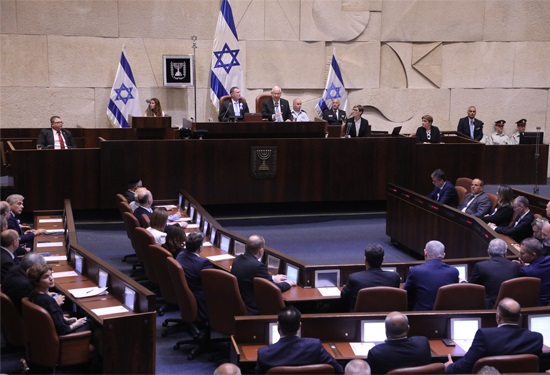
Several days ago, a group of so-called progressive Democrats, led by the “Squad” &.....

The Israel-Hamas ceasefire appears to be holding. President Biden has reiterated his commitment to a.....
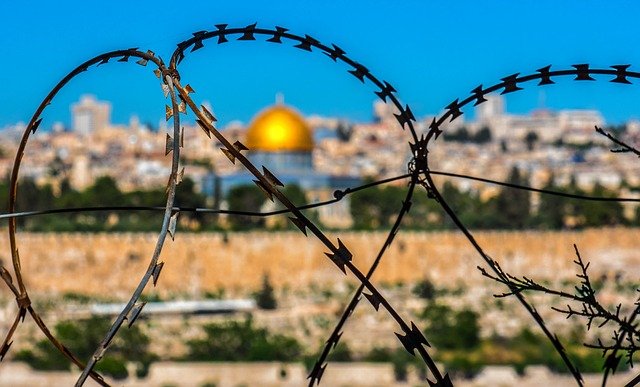
At the time of writing, the increasingly bloody war between Israel and Hamas continues apace. At som.....
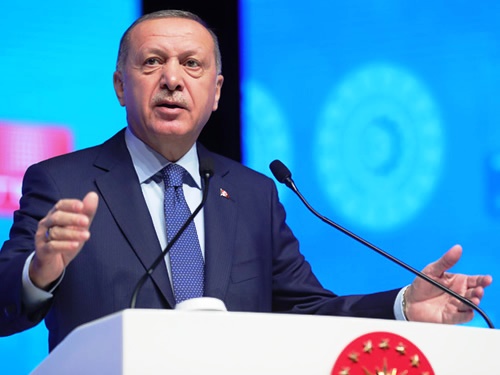
The chasm between Washington and Ankara grows wider by the day. President Biden’s decision to .....

Jordan’s arrest of about twenty leading officials accused of plotting to overthrow King Abdull.....
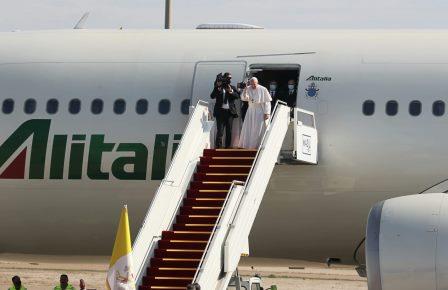
“It was an amazing visit.” That’s how Iraqi President Barham Salih summed up to me.....
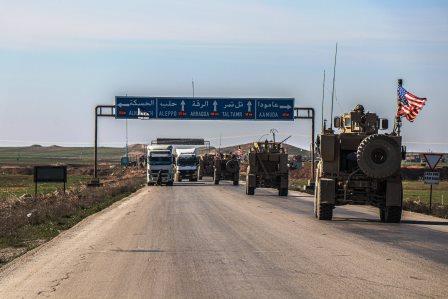
President Trump appears determined to withdraw as many troops as he can from the Middle East before .....

Forty years ago, the Reagan administration sought to sell AWACS early-warning and control aircraft t.....
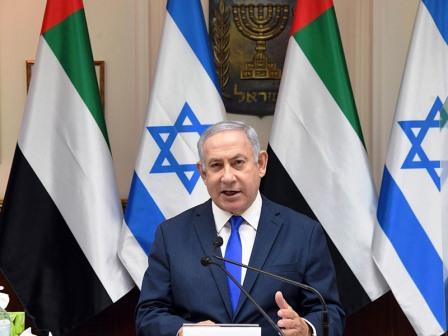
Having hosted a successful White House ceremony to formalize the normalization of Israel’s rel.....
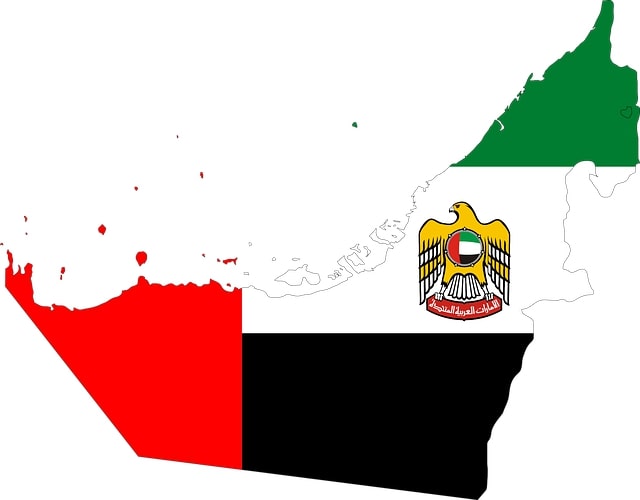
Donald Trump’s electoral prospects appeared to be fading away; for weeks Joe Biden was leading.....
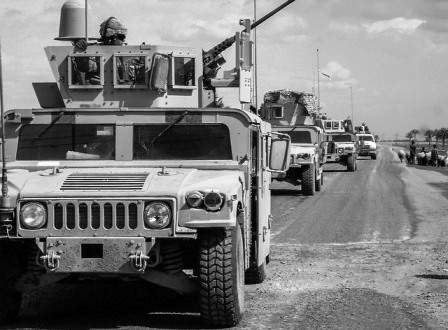
Washington continues to be consumed by speculation and debate over whether the United States should .....
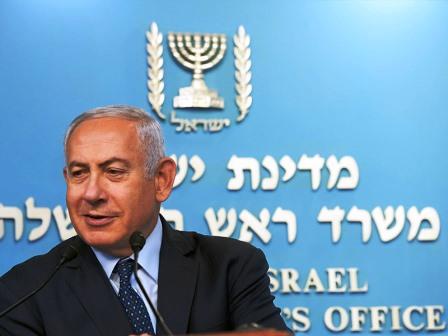
While Americans are agonizing over the wisdom of killing Iranian Quds Force leader Qassim Suleimani,.....
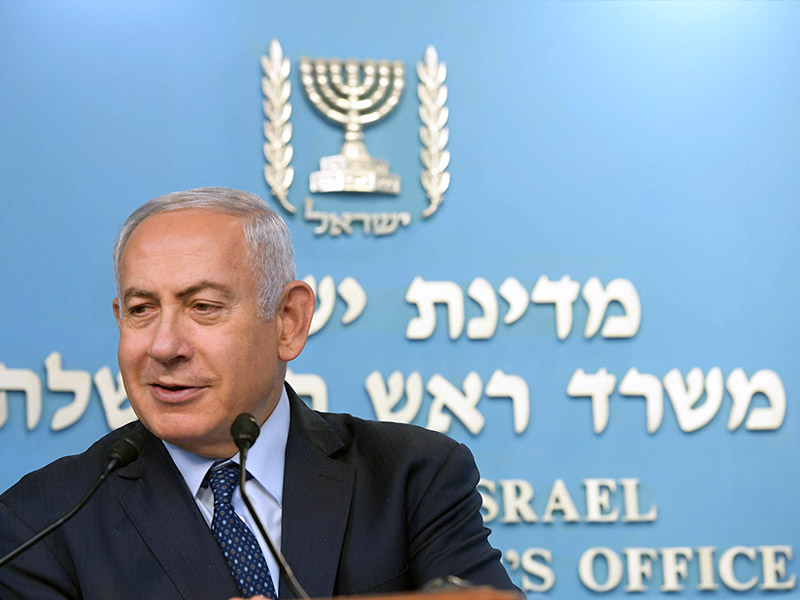
For months, Israel’s pundits predicted that Prime Minister Binyamin Netanyahu once a.....
